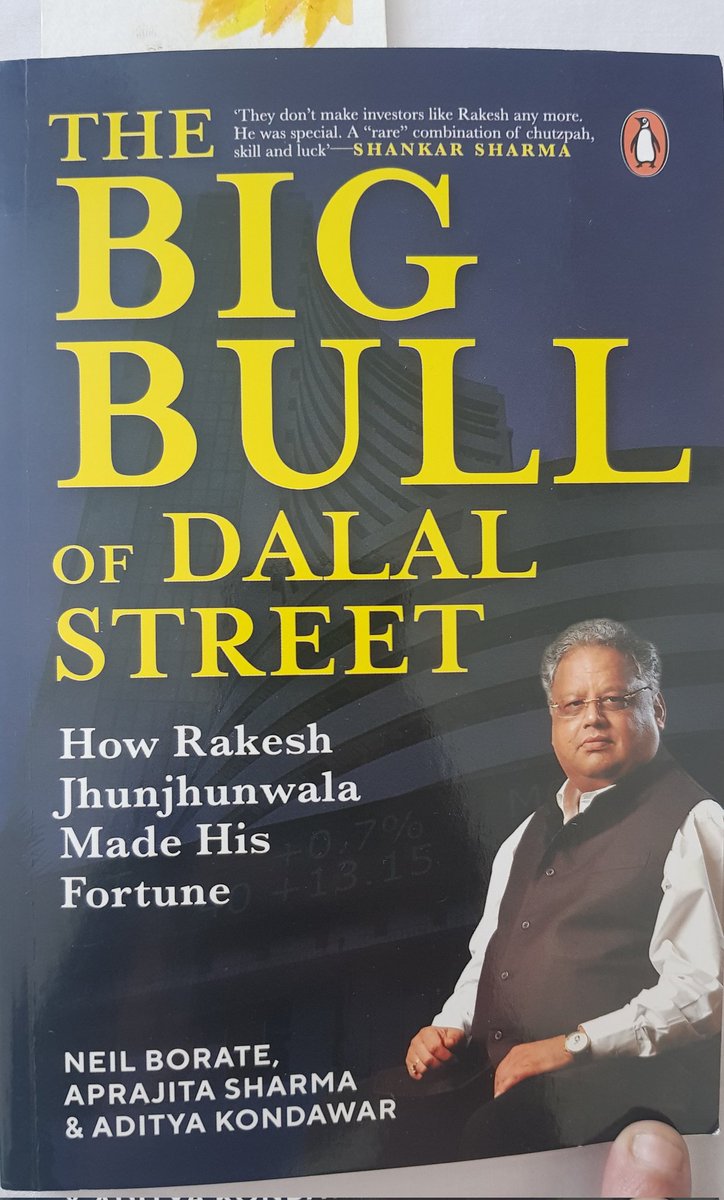On Popular demand!
Putting my hard-won Life Lessons into a thread
#LifeLesson #1
When someone shows you who they are, believe them the first time.
- Maya Angelou
Often we're judgemental about people we don't know well & too willing to make excuses for those who are close to us
Putting my hard-won Life Lessons into a thread
#LifeLesson #1
When someone shows you who they are, believe them the first time.
- Maya Angelou
Often we're judgemental about people we don't know well & too willing to make excuses for those who are close to us
• • •
Missing some Tweet in this thread? You can try to
force a refresh







